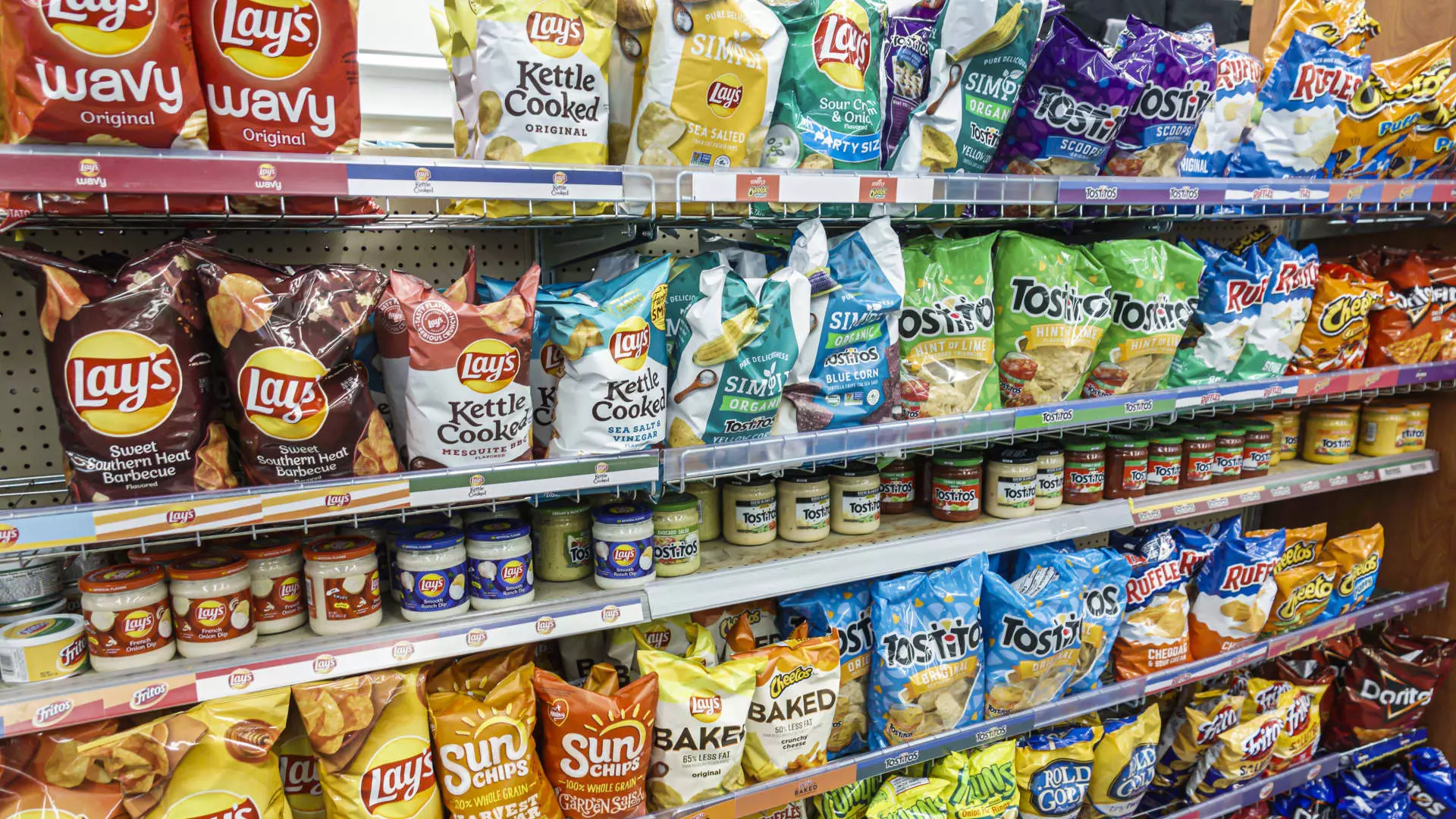On a tense Friday trading session, the processed food sector experienced significant declines, primarily fueled by investor apprehensions regarding regulatory changes under President-elect Donald Trump and his ally Robert F. Kennedy Jr. The stock prices of major players in the industry, such as PepsiCo and Coca-Cola, plummeted by over 4% and 1.3%, signaling widespread concern about the future of these long-established brands. Concurrently, General Mills, known for its breakfast cereals, and Conagra Brands, the parent company of Reddi-wip, both fell by more than 2%. Such drastic shifts in stock value underscore the volatility and uncertainty that political alterations can bring to the market.
Trump’s nomination of Kennedy to lead the Department of Health and Human Services (HHS) has raised eyebrows across multiple sectors, especially in food and beverage. With the HHS overseeing crucial agencies like the Food and Drug Administration (FDA) and the Centers for Disease Control and Prevention (CDC), Kennedy’s track record as a vaccine skeptic and his controversial views on health regulations pose significant risks to industry giants. Should Kennedy receive Senate approval, his policies could profoundly shape how food products are regulated, particularly those that are heavily processed and marketed to children, leading to heightened scrutiny of popular brands.
The crux of Kennedy’s health agenda lies in his belief that existing regulatory bodies fail to effectively safeguard public health, especially with regard to nutrition. His recent remarks suggest that current practices allow the proliferation of highly processed foods with long ingredient lists, a scenario he argues is unacceptable. The stark contrast he draws between junk food regulations in the U.S. versus those in more stringent markets like Canada raises questions about the future of product formulations for American consumers. Companies in this sector may face pressure to reformulate their products or risk falling out of favor in an increasingly health-conscious market.
The apprehension surrounding Kennedy’s potential policies is further amplified by his historical criticism of food regulatory practices. Brands like Kraft Heinz and Lamb Weston also experienced stock declines, reflecting a broader sentiment among investors that perhaps the days of lenient oversight might soon be coming to an end. As Kennedy advocates for sweeping changes, including a potential overhaul or de-emphasizing of nutrition departments within the FDA, many companies may be forced to realign their strategies. The consumer food landscape could shift dramatically, compelling brands to prioritize healthier ingredients and transparency in labeling.
In light of these threats, industry stakeholders may need to adopt a proactive approach to bolster their market standing. Emphasizing healthier product lines and reformulating existing offerings to accommodate a more demanding consumer base appears essential for survival should Kennedy’s vision materialize. The processed food industry, long criticized for its reliance on unhealthy ingredients, may need to embrace change, becoming more adaptable to consumer expectations and regulatory pressures in the near future. How quickly and efficiently these companies respond remains to be seen but will certainly be a narrative worth watching as political dynamics evolve.

